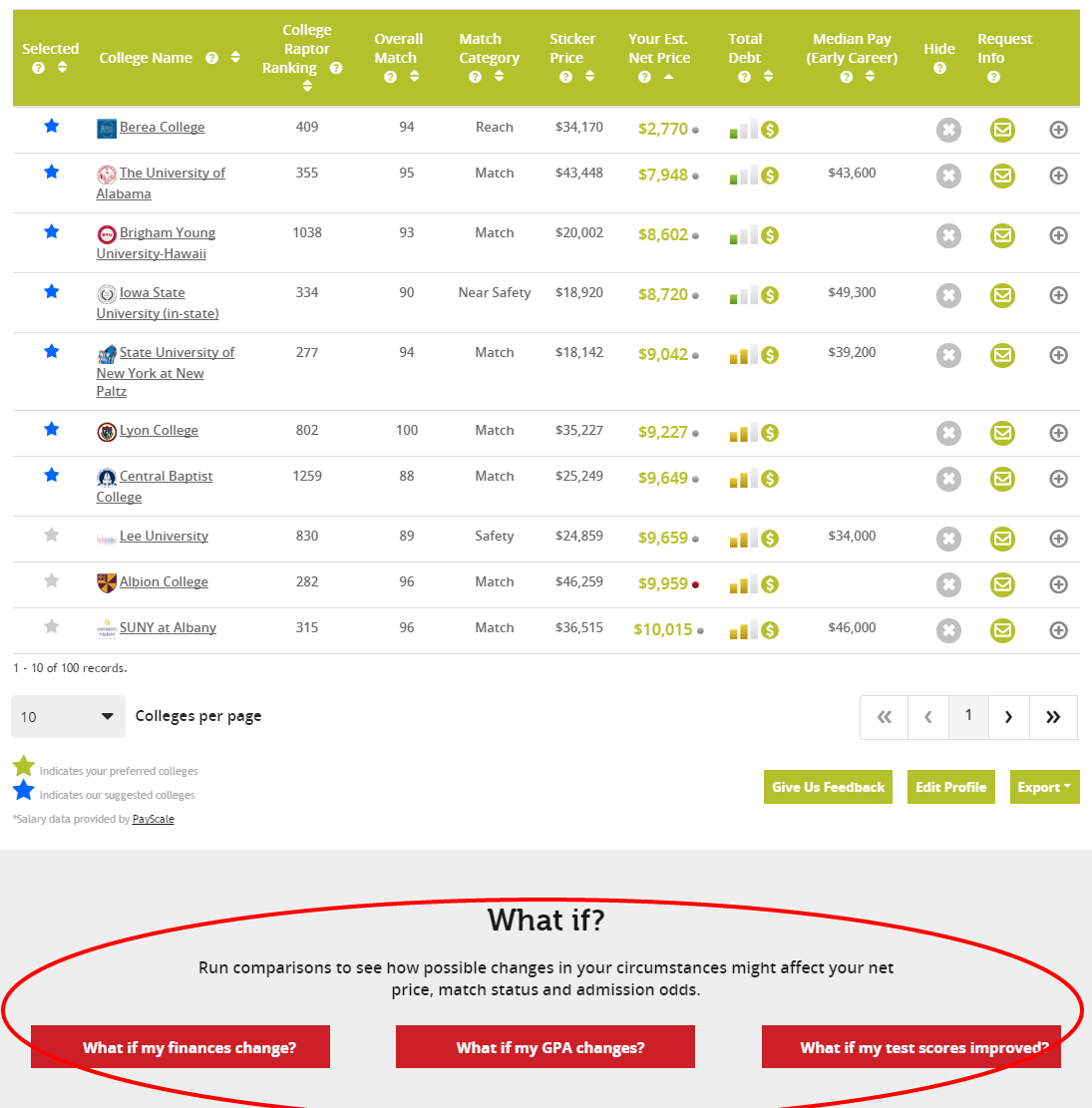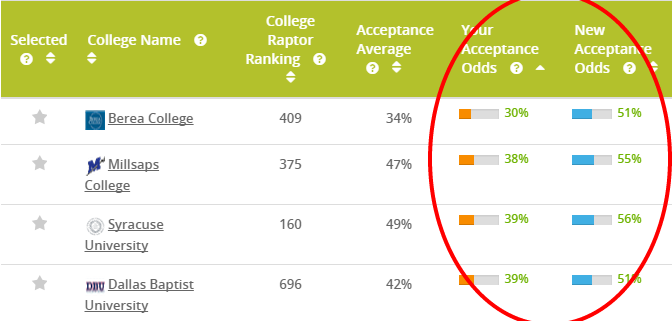
Source: Flickr user spyker3292
Test scores still matter. Even as more colleges are going test-optional, they are still very important in college admissions. In addition, just because a college does not use test scores when making admissions decisions, they may need test scores for other reasons.
Here are seven ways they are used in the college admissions process:
1. Required for admission
While the test-optional movement is growing, there are still many colleges that require scores. For most of those colleges, if you do not submit them, they will not consider your application. Without test scores, your application may sit in the admissions office without ever being read.
2. Required for athletes
If you are hoping to participate in intercollegiate athletes, test scores are required. Even if colleges do not requires scores for admission, student-athletes will need to take the SAT or ACT. Student athletes must meet the required test scores to be eligible to compete. No scores will mean you will not be able to play at the college level.

3. Admissions decisions
For colleges that require test scores, they will be used in the admissions decision. Scores will not be the only factor in the decision, but they will play a role.
Admissions officers will want to see scores that correlate with the grades you received in class. Some colleges have minimum test score requirements and you will need to make sure you meet those requirements.
For colleges that do not have published required scores, they typically publish average test scores (you can also find information about this on College Raptor, by using the College Match tool).
To be a good candidate for admission, you should strive to get scores that meet or exceed the averages. If scores are not required, but you submit them anyway, the colleges may use them as they make their decision. Higher scores could help your case if something else in their application is lacking.
4. Academic advising
Once you make a decision as to which college to attend, you are often required to meet with someone at the school for academic advising.
Academic advisers typically use all of the information they have about a you–including test scores–to suggest academic programs or routes. Higher test scores and high grades will tell the advisor you are ready for college-level work, whereas lower scores may indicate that you will need to take lower-level courses in certain areas to get caught up.
Either way, your test scores can tell the academic advisers a lot about how they can best help you to learn and succeed in college.
5. Course placement
Some colleges may use SAT or ACT scores to determine course placement. For example, if you earned a high score on the English portion of the ACT or Critical Reading portion of the SAT, you could be placed in an advanced English course.
For some colleges, they may waive certain course requirements if the test score is high enough, basically allowing you to “test out” of taking certain classes.
6. Scholarships and grants
Test scores are used to determine financial aid at many colleges.
In conjunction with GPA and expected family contribution (EFC, which is based on your family and financial circumstance), colleges will often use test scores to determine the amount of scholarships and grants that you will receive.
At colleges that award merit scholarships, higher test scores could lead to a higher merit scholarship. So, it can be a very wise investment to spend the extra effort to improve your score–it may end up saving you thousands of dollars by qualifying you for additional aid.
7. Introduces you to colleges
Have you ever received information from colleges you don’t remember signing up for? That’s because you probably didn’t. The reason you are getting information from many of these colleges is because your test scores on the SAT, ACT, or even the PSAT meet the scores that the colleges are looking for in prospective students.
Receiving mail from a college does not guarantee admission to the college, but it does tell you that your test scores meet the criteria that they are looking for in a prospective student.
Check out all of the mail you receive from colleges because you could discover a college you’ve never heard of but could be a good fit for you.
Colleges use test scores differently. Even colleges that are test-optional may need test scores to award financial aid. Therefore, it is important to check with the colleges you are considering to see how exactly they use your scores.
In addition to how they use test scores, it is important to ask about the numbers and explore the college’s financial aid policies. By knowing how a college uses them, as well as the numbers they use, you can better determine if you should re-take the SAT or ACT to improve your admissions chances or earn yourself additional scholarships or grants.
A higher test score–even one point on the ACT or ten points on the SAT–could make a big difference. So, gather all of the information you can about how colleges use them to better determine if you need to increase your score on the SAT or ACT.
Using College Raptor to see how your test score impacts admissions odds
College Raptor has a “What If” tool that lets you, as a user, see how improving your test scores and GPA can impact your admissions chances at different colleges.
You can access it by clicking on one of the “What If” buttons at the bottom of the results page (user must be logged in to have this option):

You can customize your target ACT/SAT score or GPA to see how your admissions chances will change:

In the future, College Raptor will also allow you to see how these changes will increase your merit aid and decrease your net price.





